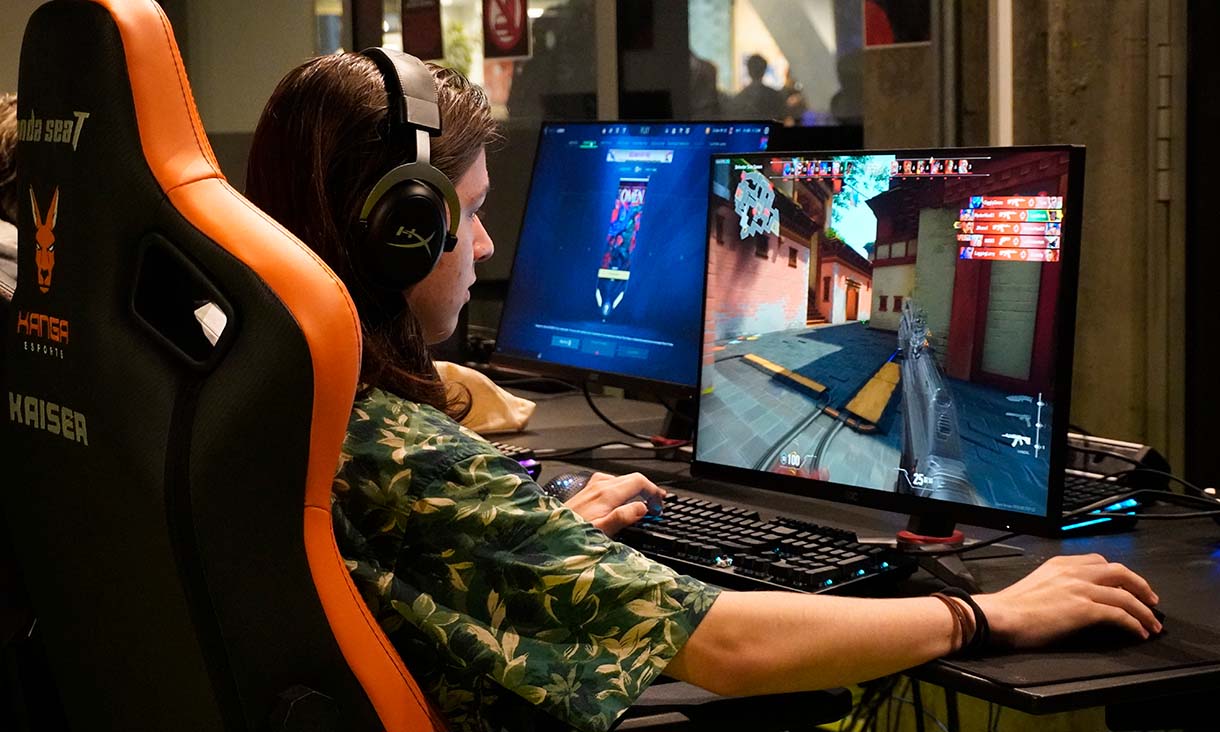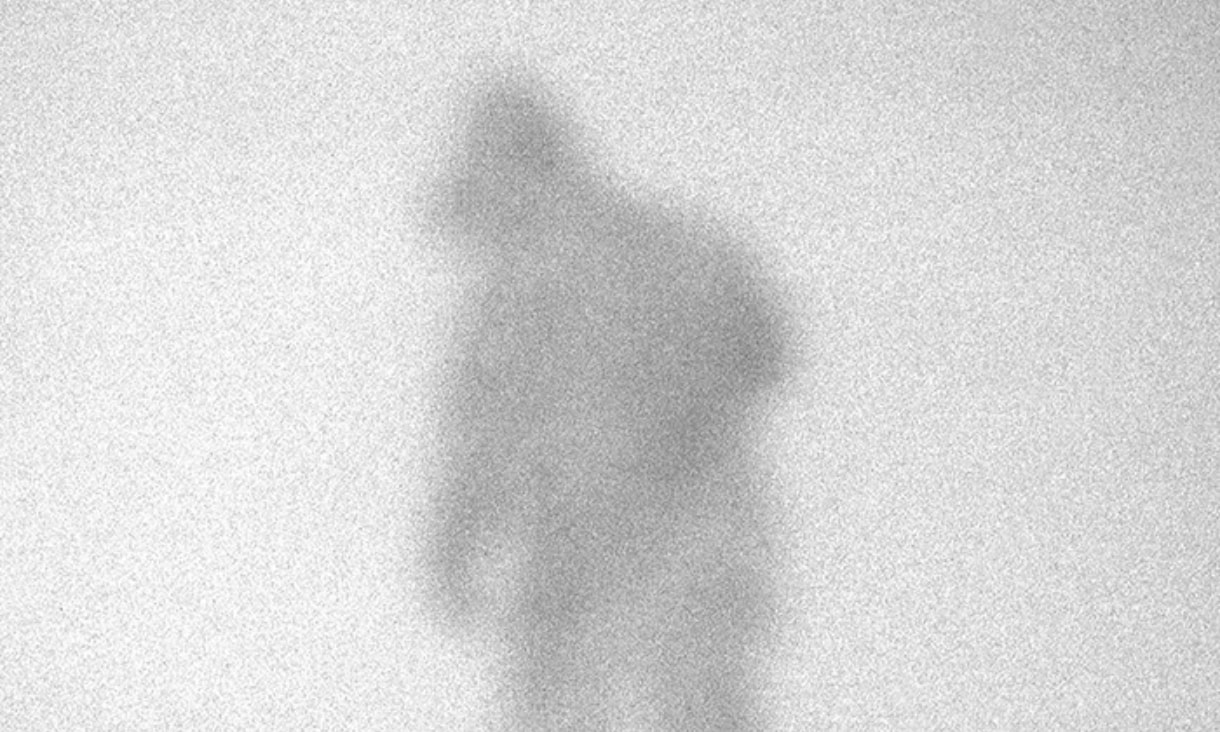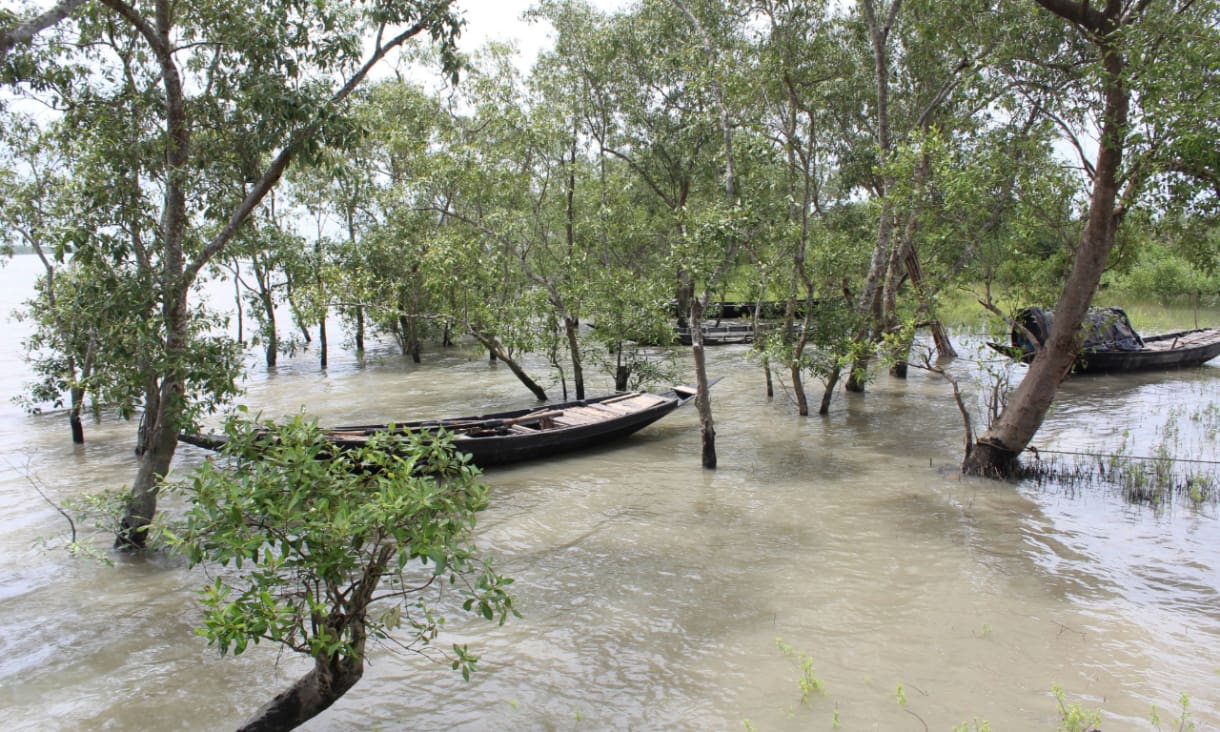

Creative Antarctica: Australian Artists and Writers in the Far South
20 Feb 2026 - 02 May 2026

Future Sonic Ecologies: Re-making mangrove worlds through posthuman soundscape(s)
23 Feb 2026 - 20 Mar 2026



